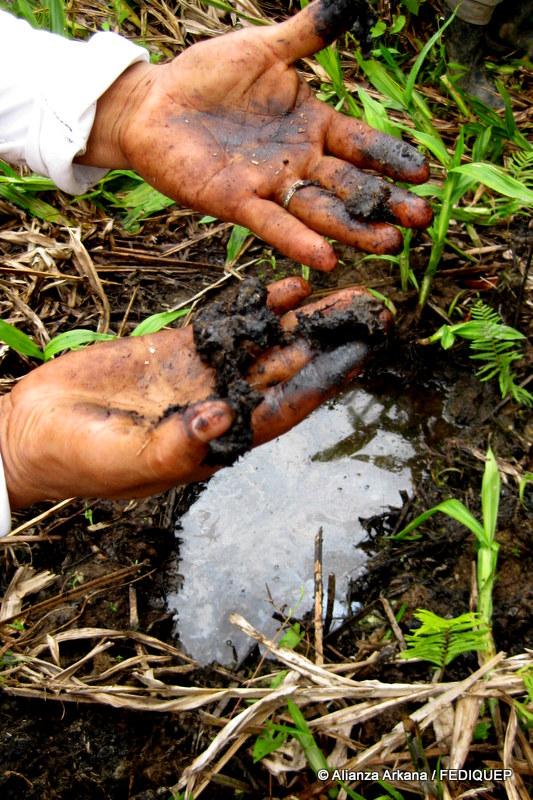Mitra Taj
Where the Forest Ends
Forty million people live in and near Indonesia’s carbon-rich forests and peatlands, and while their lives are tied to the land, they often have little say in what happens to it. In Teluk Kabung, Riau province, decisions made in the capital Jakarta have helped wipe out the natural forest surrounding the village, destroying its coconut-based economy, and pushing the endangered Sumatran tiger closer to people.


